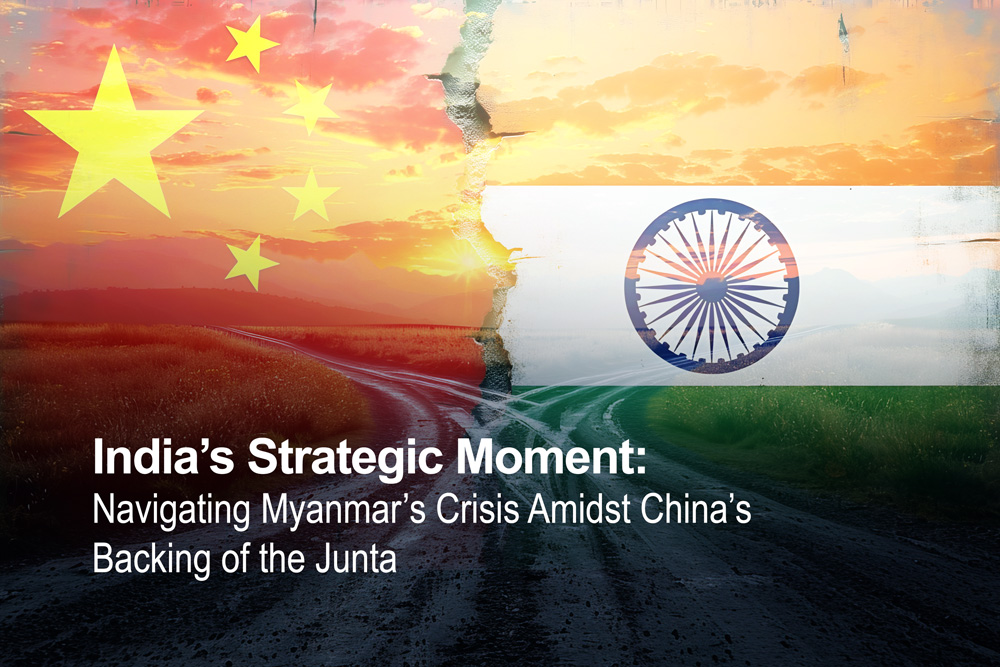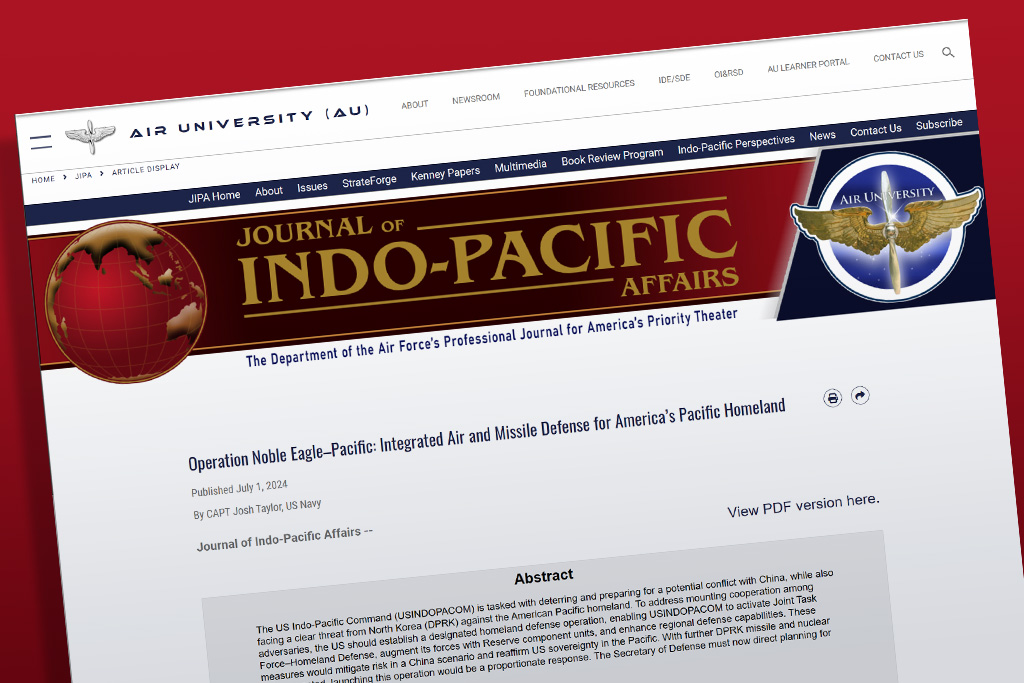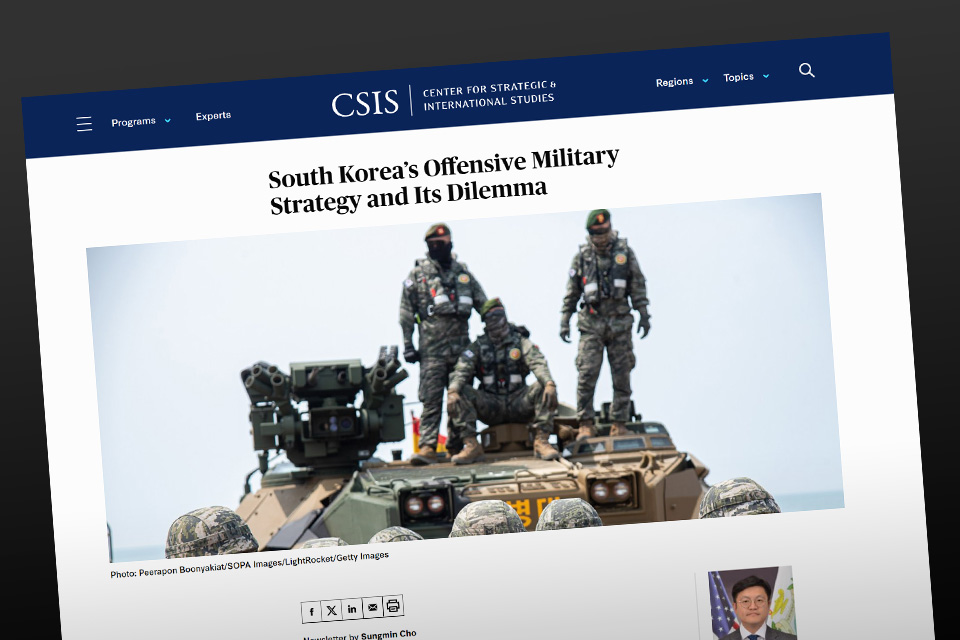APCSS Professor Yoichiro Sato recently published a new paper called “Southeast Asian Receptiveness to Japanese Maritime Security Cooperation.”
The paper provides an overview of Japan’s history of cooperation in navigational safety in the Malacca Straits; its effectiveness; the reactions of other countries to Japan’s efforts; and implications for U.S. policy.
“Japan’s economy heavily depends on safe passage of ships through the Malacca Strait,” said Sato. “Therefore Japan has long cooperated with Singapore, Malaysia, and Indonesia in the area of navigation safety and seabed mapping through joint research, sharing of equipment, and training.”
According to Dr. Sato, “Japan’s primary focus on the Malacca Strait has resulted in close cooperation with the three littoral states (Singapore, Malaysia, and Indonesia), but Japan’s newer initiatives for multilateral cooperation encompass a broader set of countries in East Asia. Japan particularly sees Thailand as a potential partner for maritime security cooperation. At the same time, divergence of interests and differences in institutional settings between Japan and Southeast Asian countries pose some obstacles to closer cooperation.”
This paper is available on the APCSS website at: https://dkiapcss.edu/Publications/Maritime security cooperation Japan-SE Asia Sato.pdf
-END-
The views expressed in these articles are those of the author and do not necessarily reflect the official policy or position of the Asia-Pacific Center for Security Studies, U.S. Pacific Command,he U.S. Department of Defense, or the U.S. government.









Leave A Comment